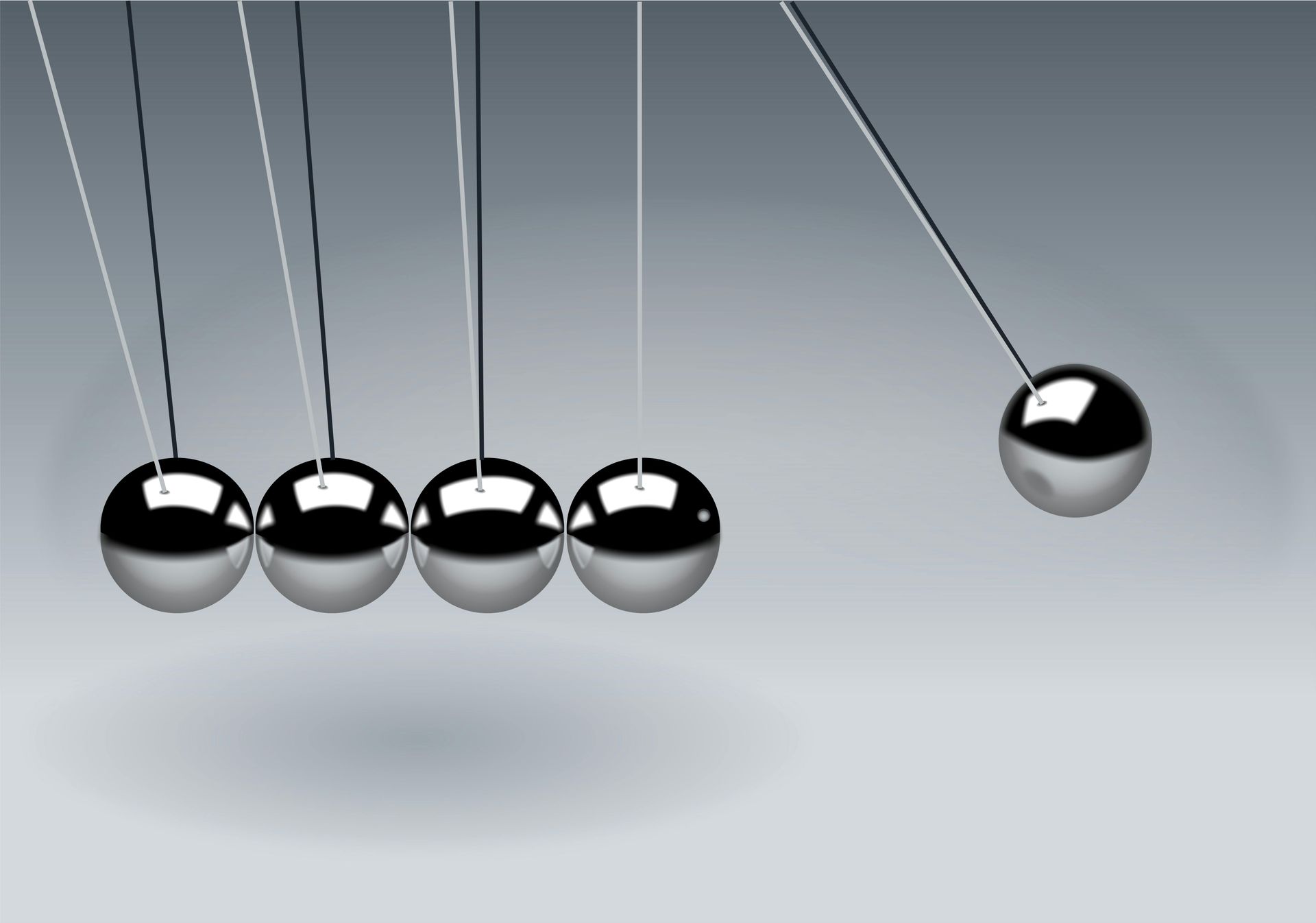Customer retention is key to the success of any business. While attracting new customers is important, keeping existing ones is even more crucial. A Customer Relationship Management (CRM) system can be a game-changer in this area.
What is Customer Retention?
Customer retention is all about keeping your customers happy so they continue to do business with you. High retention rates show that your customers are satisfied and loyal. This is essential for long-term business success. Keeping your customers loyal means they will keep buying from you and will be less likely to switch to a competitor. This is why retaining customers is so important.
How CRM Helps in Customer Retention
1. Personalized Interactions
A CRM system helps you keep track of your customers' likes, purchase history, and interactions. This information allows you to personalize your communication with each customer, making them feel valued and understood. Personalized service is a surefire way to enhance customer loyalty. For example, if you know a customer's favorite product, you can send them personalized offers or updates about that product. This makes the customer feel special and increases their likelihood of staying loyal to your brand.
2. Streamlined Communication
Good communication is vital for maintaining strong relationships with your customers. A CRM system centralizes all customer communications, ensuring that you never miss a message and can respond quickly to any inquiries. This keeps your customers engaged and satisfied. With a CRM, you can track all interactions across various channels, such as email, phone, and social media, in one place.
3. Improved Customer Support
With a CRM system, your customer support team has access to all relevant customer information. This makes it easier to provide quick and accurate support, which in turn boosts customer satisfaction and loyalty. For instance, if a customer has previously reported an issue, the support team can see this history and provide more informed assistance. This reduces the need for customers to repeat themselves and helps resolve issues faster, leading to higher satisfaction levels.
4. Valuable Insights
CRMs collect and analyze customer data, giving you insights into customer behavior and preferences. These insights help you understand what your customers want and how you can better serve them. By analyzing trends in customer behavior, you can anticipate their needs and proactively offer solutions, keeping them engaged and loyal to your brand.
5. Loyalty Programs
Many CRMs include features for managing loyalty programs. By tracking customer purchases and engagement, you can offer rewards and special offers that encourage repeat business. Loyalty programs are a great way to show customers you appreciate them, which helps to keep them coming back. For example, you can use CRM data to identify your most loyal customers and reward them with exclusive discounts or early access to new products. This not only boosts customer retention but also encourages other customers to engage more with your brand.
6. Proactive Engagement
A CRM system can help you stay proactive in your customer engagement. Automated workflows and alerts remind you to check in with customers at key points in their journey, ensuring that they feel valued and cared for. This proactive approach helps to prevent customer churn. For example, you can set up automated emails to be sent to customers on their birthdays or after a certain period of inactivity, encouraging them to return to your business. This consistent engagement keeps your brand top-of-mind and fosters long-term loyalty.
Building Strong Customer Relationships
A CRM system helps you build stronger relationships with your customers. By keeping all customer information in one place, it makes it easier for your team to understand and address their needs. This can include tracking their past purchases, understanding their preferences, and keeping notes on any previous interactions. When your team has this information at their fingertips, they can provide a more personalized and attentive service, which makes customers feel valued and appreciated.
Reducing Customer Churn
Customer churn is when customers stop doing business with you. A CRM system can help reduce churn by identifying at-risk customers and allowing you to take action before they leave. For example, if a regular customer hasn't made a purchase in a while, the CRM can alert you to reach out to them with a special offer or a simple check-in to see if they need anything. This proactive approach shows customers that you care about them and helps keep them engaged with your brand.
Enhancing Marketing Efforts
CRMs are not just for sales and support teams; they can also enhance your marketing efforts. For example, if you know that a certain group of customers always buys a particular product, you can create a campaign that highlights that product. This targeted approach increases the chances of success for your marketing efforts and helps retain customers by showing them products and offers that are relevant to their interests.
Simplifying Sales Processes
A CRM system can simplify and streamline your sales processes. By keeping all customer information in one place, it makes it easier for your sales team to manage leads and close deals. The CRM can automate many of the tasks that salespeople typically have to do manually, such as sending follow-up emails or scheduling appointments. This not only saves time but also ensures that no lead falls through the cracks. A more efficient sales process leads to happier customers and increased retention.
Improving Team Collaboration
A CRM system fosters better collaboration among your team members. Since all customer information is stored in one place, everyone in your team can access it and stay on the same page. This is especially useful for teams that are spread out or working remotely. Better collaboration leads to a more consistent customer experience, as everyone is working with the same information and towards the same goals. When your team works well together, it shows in the service they provide to your customers, which helps to keep them loyal.
Offering Consistent Customer Experience
Consistency is key when it comes to customer retention. Customers want to know that they can expect the same high level of service every time they interact with your business. A CRM system helps you offer a consistent customer experience by keeping all customer interactions and information in one place. This means that no matter who a customer talks to, they will get the same level of service. Consistent service builds trust and loyalty, making customers more likely to stay with your business.
Tracking Customer Feedback
Customer feedback is crucial for improving your products and services. A CRM system makes it easy to track and analyze customer feedback. By keeping all feedback in one place, you can identify common issues and areas for improvement. This allows you to make necessary changes and show customers that you are listening to their concerns. Addressing customer feedback helps improve satisfaction and retention, as customers feel valued and heard.
Enhancing Customer Engagement
Engaged customers are more likely to stay loyal to your brand. A CRM system helps you enhance customer engagement by providing tools for personalized communication and targeted marketing. For example, you can send personalized emails to customers based on their purchase history or create targeted social media campaigns. By keeping customers engaged, you keep your brand at the forefront of their minds, making them more likely to return.
Automating Routine Tasks
A CRM system can automate many of the routine tasks that take up your team's time. This includes sending follow-up emails, scheduling appointments, and tracking customer interactions. Automation frees up your team to focus on more important tasks, such as building relationships with customers. By reducing the time spent on routine tasks, a CRM system helps your team be more efficient and effective, leading to better customer service and higher retention rates.
Increasing Customer Lifetime Value
Customer lifetime value (CLV) is the total amount of money a customer is expected to spend with your business over their lifetime. Increasing CLV is a key goal of customer retention efforts. A CRM system helps you increase CLV by providing tools for personalized service, targeted marketing, and proactive engagement. By keeping customers happy and engaged, you encourage them to spend more with your business over time. This not only boosts your revenue but also ensures the long-term success of your business.
Conclusion
In today’s competitive market, retaining customers is more important than ever. A good CRM system can help you achieve this by personalizing interactions, streamlining communication, improving customer support, providing valuable insights, managing loyalty programs, and ensuring proactive engagement.
By implementing a CRM system, you can create a more personalized and efficient customer experience, leading to higher satisfaction and loyalty. This, in turn, helps your business grow by reducing churn and increasing the lifetime value of your customers. So, if you haven't already, consider investing in a CRM system to boost your customer retention efforts and secure long-term success for your business.
Request a Call
Take the first step by scheduling a 15-minute video call to explore your needs and determine our fit. Once we connect, you can choose a subscription plan tailored to your goals, with the flexibility of custom options if needed.
Blog Form
We will get back to you as soon as possible.
Please try again later.
If you liked this, you might also like these.
Ready to Transform Your Online Presence?
With us, it's not just growth—it's about leading the pack.









